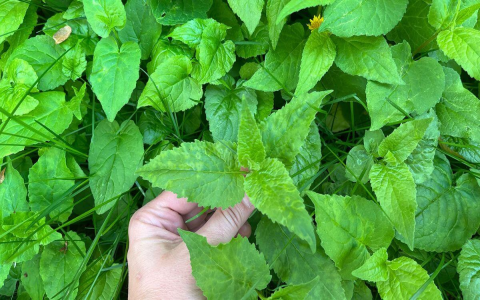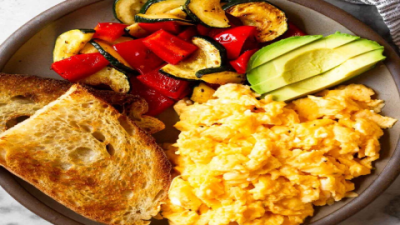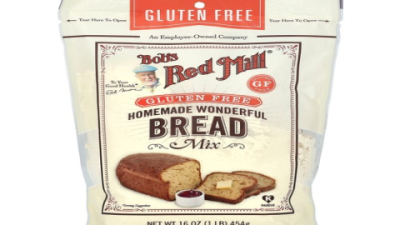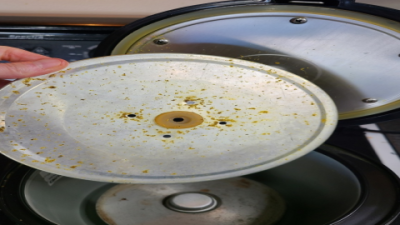Goats are funny little creatures, aren’t they? They have this reputation for munching on just about anything in sight—like they’re on a mission to clear every leaf, twig, and blade of grass. But here’s the thing: even though goats seem like they’d eat your garden to the ground, there are actually quite a few plants they just won’t touch. It’s almost like they have their own picky taste buds! If you’re a goat owner or someone trying to keep your garden safe from these curious browsers, knowing which plants goats avoid can be a total game-changer.
So, why do goats avoid certain plants? Well, goats aren’t just random eaters; they’re smart about what they put in their mouths. They tend to prefer shrubs and bushes over plain old grass, and they’re pretty good at sniffing out plants that might taste bitter, smell weird, or even be a little toxic. It’s like nature gave them a survival guide to keep away from the bad stuff. But don’t get me wrong—if they’re really hungry or bored, goats might still try things they usually avoid. That’s why it’s helpful to know which plants are generally off their menu.
Let’s dive into some of the top plants goats usually leave alone. I’ve broken these down into categories to make it easier. You’ll see that many of these plants have strong smells or tastes that goats just don’t like, or they have sticky resins that make them unpleasant to chew.
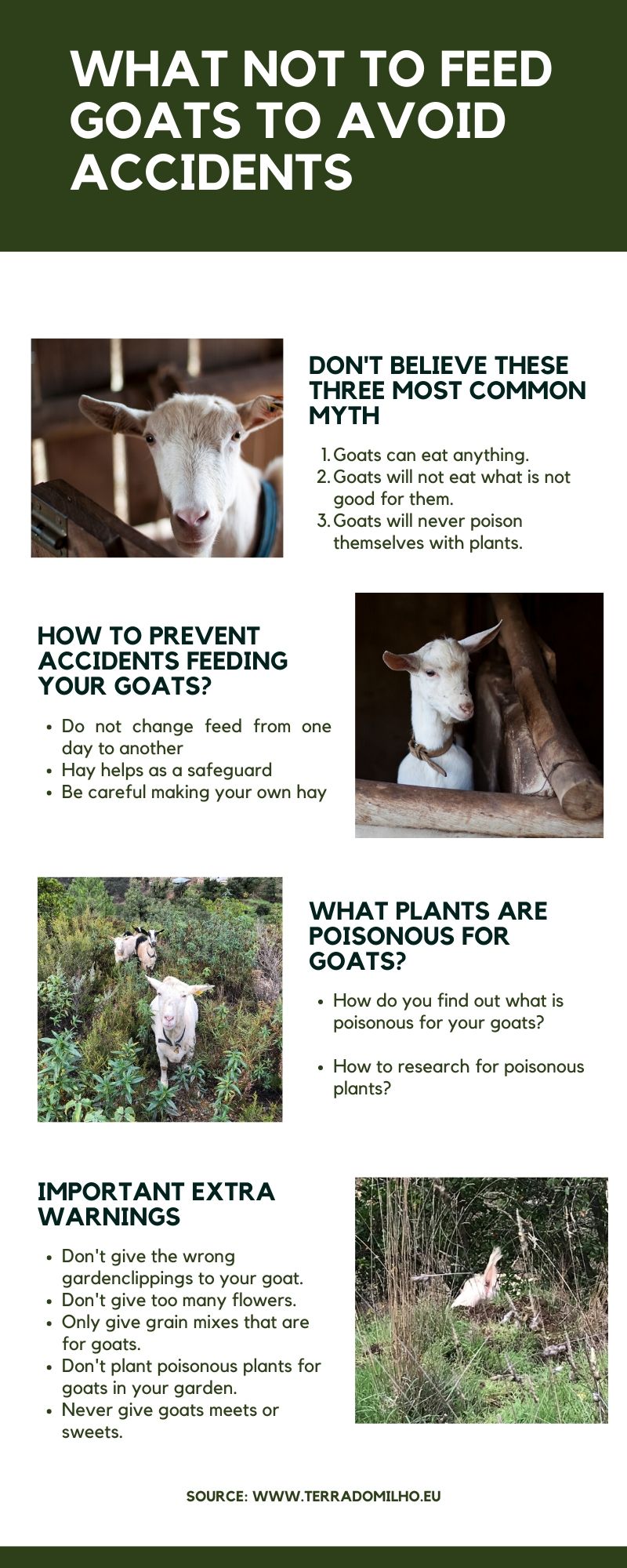
Here’s a quick rundown:
Lavender – This one’s a favorite for gardeners who want a fragrant touch. Goats tend to avoid it because of its strong, almost medicinal aroma and bitter taste. Plus, lavender adds a lovely purple splash to your garden, so it’s a win-win.
Rosemary – Another herb with a punchy scent. Goats don’t like the smell or taste, so planting rosemary around your garden edges can help keep them at bay.
Thyme – Small but mighty, thyme’s aromatic oils make it unappealing to goats. It’s also a great companion plant for veggies.
Mint – While mint can be a bit invasive in the garden, goats usually steer clear of it because of its strong smell and flavor.
Juniper – This shrub has a resinous smell and taste that goats dislike. It’s also great for adding some greenery and structure to your yard.
Spruce, Douglas Fir, Cedar, and Pine Trees – All these conifers have sticky resins and strong scents that goats avoid. They might nibble a little here and there but generally leave these trees alone.
Aromatic Herbs like sage, oregano, and lemon balm – These herbs produce essential oils that goats find off-putting.
Marigold, Snapdragon, and Geranium – These flowers have bitter tastes or mild toxins that discourage goats from munching on them.
Now, why do goats avoid these plants? It mostly comes down to taste and smell. Plants with strong essential oils or bitter compounds don’t appeal to goats. Some have sticky resins that make chewing unpleasant, and others just have textures goats don’t like. It’s kind of like how we might avoid certain foods because of their smell or texture.
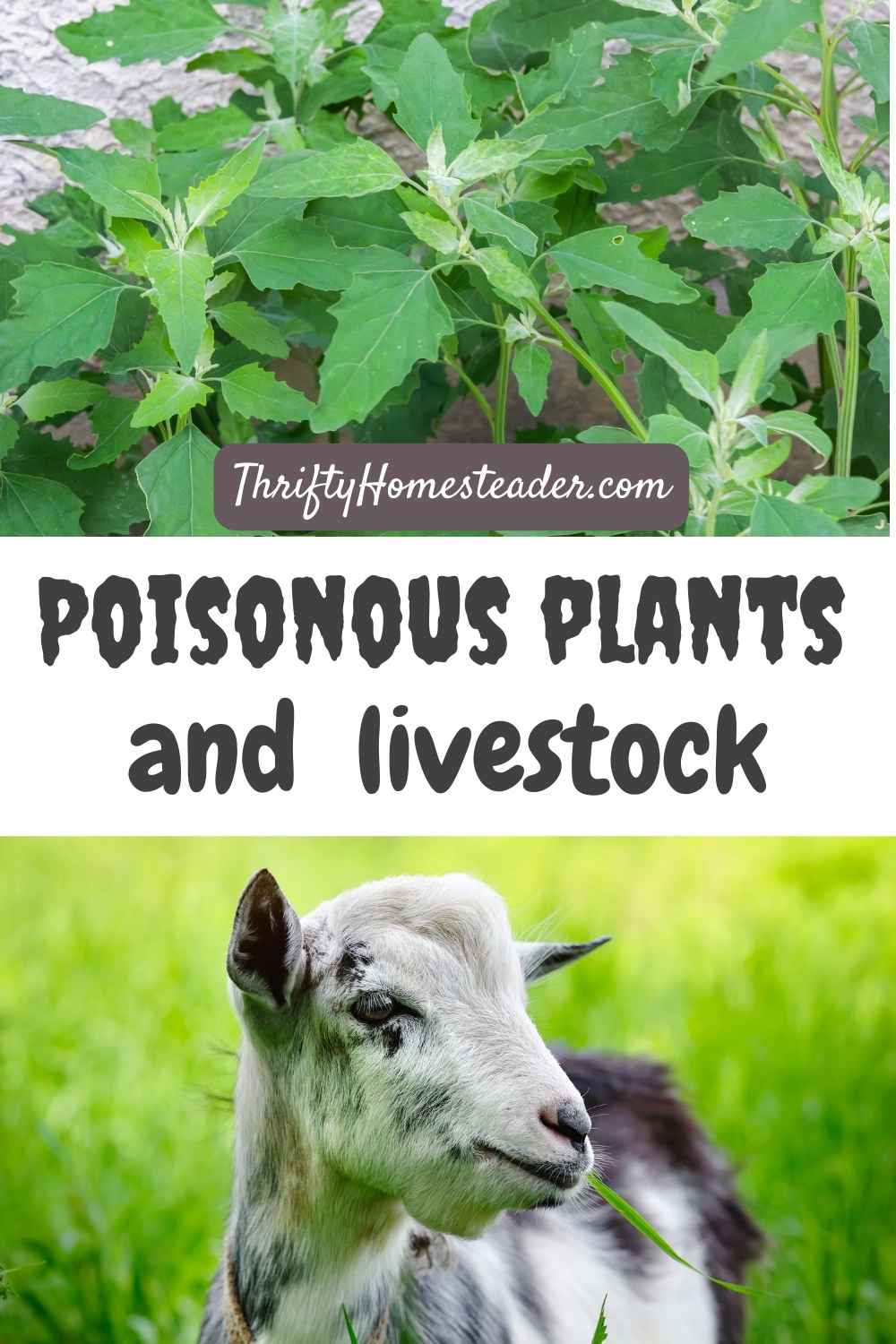
But, a quick heads-up: just because goats avoid these plants doesn’t mean they’re all safe if eaten in large amounts. It’s always best to keep an eye on your goats and make sure they have plenty of other food options.
On the flip side, there are some plants that goats should never eat because they’re toxic. These can cause serious health problems or even be fatal. Some common toxic plants to watch out for include rhododendron, oleander, azalea, nightshade, buttercups, elderberry, milkweed, poppy, oak leaves, and St. John’s Wort. If you spot these in your grazing areas, it’s best to remove them or fence them off.
So, how can you use this info to your advantage? Here are a few tips:
-
Plant goat-resistant herbs like lavender and rosemary around your garden beds or property lines. They act like natural fences that goats don’t want to cross.
-
Use conifers like juniper or spruce to provide shade and shelter without worrying about goats stripping them bare.
-
Mix goat-resistant plants with edible forage to keep your goats happy and less likely to sample the “off-limits” plants.
-
Keep an eye on your goats and your plants. Even the most goat-resistant plants might get a nibble if your goats are hungry or curious.
-
Make sure your goats have a balanced diet with plenty of nutrition. Hungry goats are more likely to try plants they normally wouldn’t.
Here’s a simple table to sum things up:
Goat-Resistant Plants: Lavender, Rosemary, Thyme, Mint, Juniper, Spruce, Douglas Fir, Cedar, Pine, Sage, Oregano, Lemon Balm, Marigold, Snapdragon, Geranium.
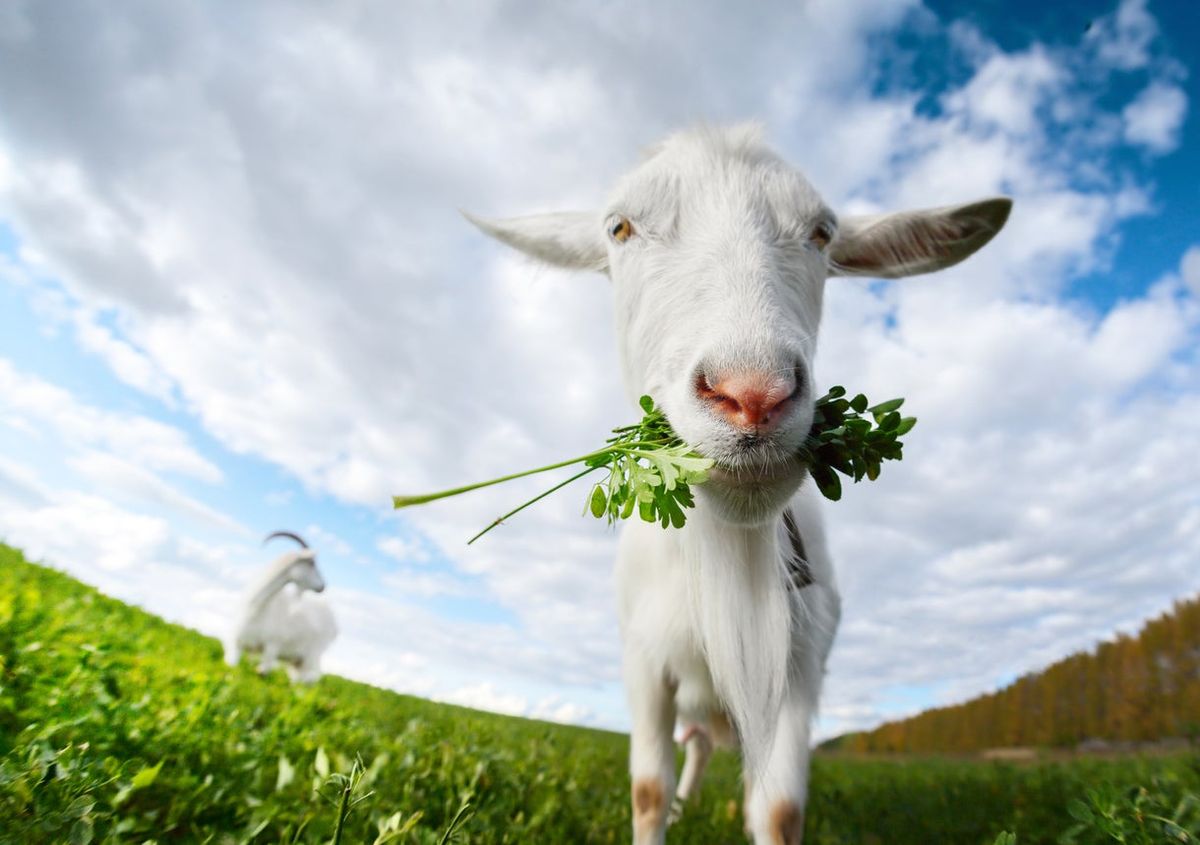
Toxic Plants to Avoid: Rhododendron, Oleander, Azalea, Nightshade, Buttercups, Elderberry, Milkweed, Poppy, Oak Leaves, St. John’s Wort.
Now, some common questions I often get asked:
Are there plants goats will never eat?
Honestly, no. Goats are curious and sometimes desperate. Even plants they usually avoid might get a nibble if there’s nothing else around. But plants like lavender and rosemary are about as close as you get to “goat-proof.”
Can I just plant these goat-resistant plants instead of building a fence?
I wish it were that easy! While these plants help, goats are clever and persistent. A good fence is still your best bet to keep them where you want them.
What if my goats accidentally eat some aromatic herbs?
Most of these herbs aren’t toxic in small amounts, but too much might upset their stomachs. Always watch your goats when introducing new plants.
How do I keep goats away from toxic plants?
Remove toxic plants if possible or fence off areas where they grow. Also, feeding your goats well reduces their temptation to try dangerous plants.
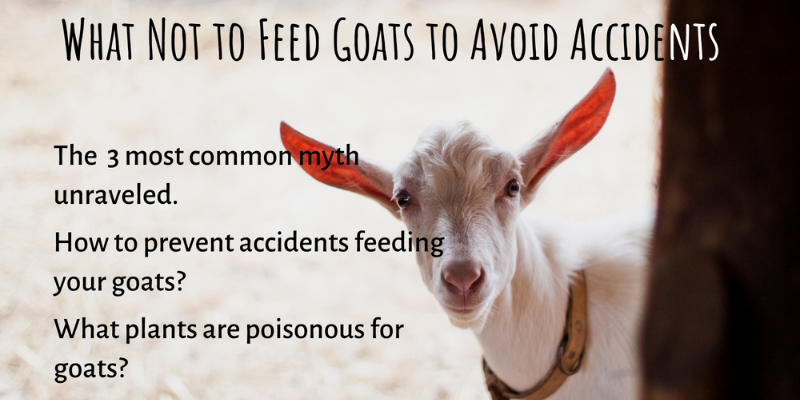
Are all grasses safe for goats?
Mostly, yes. But some grasses like Johnson grass or sorghum can be harmful under certain conditions, so it’s worth checking what grows in your area.
In the end, goats are wonderful animals, but managing what they eat can be a bit of a juggling act. By knowing which plants they avoid and which are dangerous, you can create a safer, happier environment for your goats and protect your garden at the same time. It’s all about balance, observation, and a little bit of planning.
Hope this helps you keep your goats healthy and your garden thriving!
